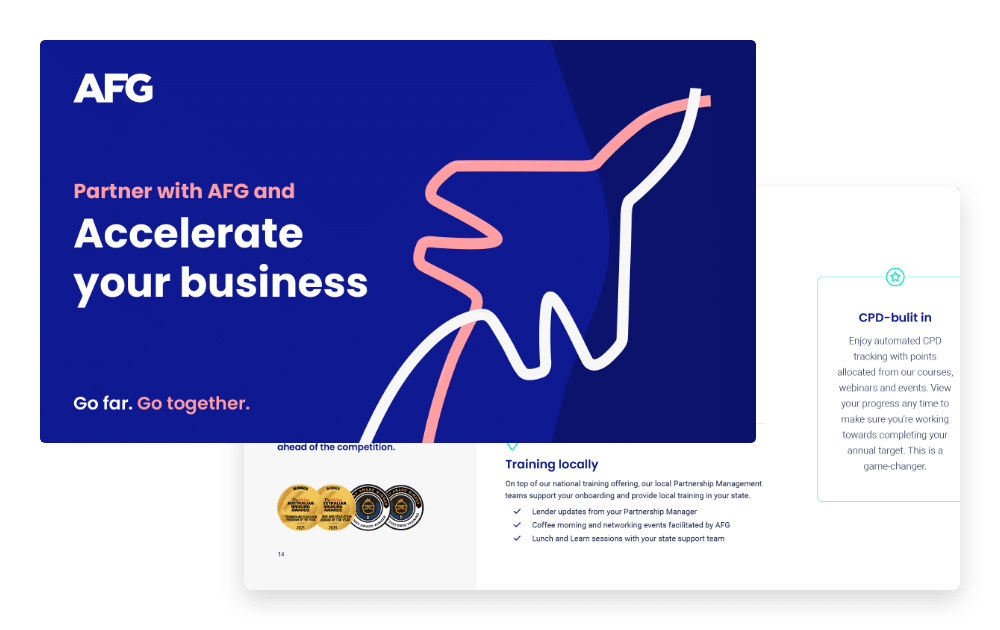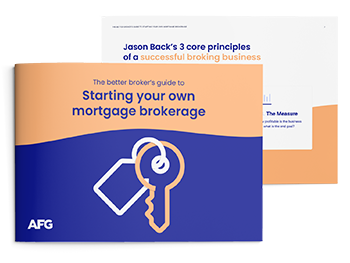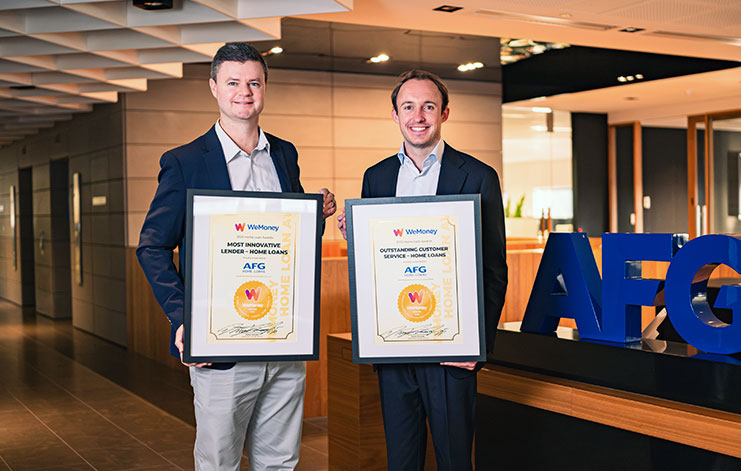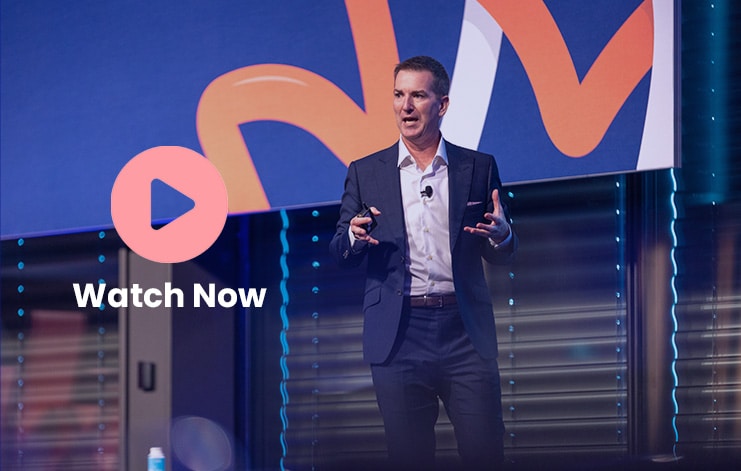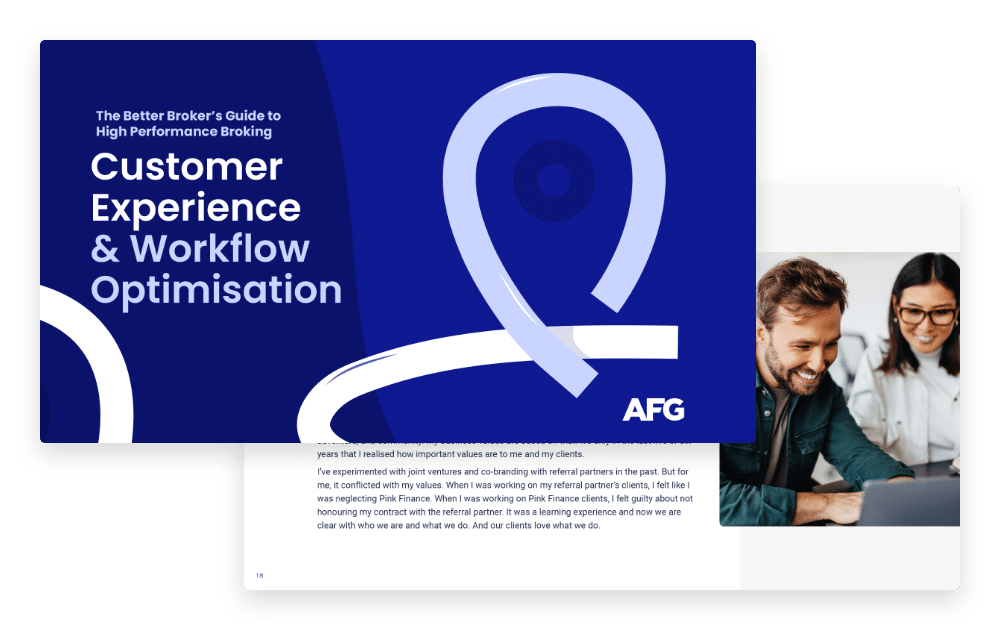SEO stands for search engine optimisation and it’s the process of affecting the visibility of a website in a search engine’s unpaid or organic search results. In other words, it means your website appears clearly in the searches returned when a customer types your business name into Google or a similar search engine.
An SEO strategy looks at how search engines work, what your clients may be searching for, what keywords or search terms they are tapping in, and which search engines they are most likely to use. Optimising your website is the best way to rank most highly in returned searches, and this can be done with the use of specific keywords, dynamic and regularly updated content, adding keywords to a web page’s metadata, and the inclusion of relevant links.
SEO is a bit of a ‘dark art’ in that the rules are always changing, algorithms are always played with and the way search engines operate also shifts. These changes ensure that search engine companies stay competitive against each other, react to new trends and technologies, and ultimately that it is harder to reign supreme in searches 100 percent of the time without paying for it.
Important things to remember:
Content is king
Search engines love content that is constantly being updated and that is “keyword rich”. Having keyword rich content is easy to implement, it can be simple things like mentioning the suburbs or areas you service on your website. These will be the things people will search for. Aim to make your content more interesting, by doing this you make it more likely to be shared, which is an important part of the next pillar of SEO: relationship building. Not all your pages will have link-worthy content, but the more unique and relevant your copy is to your users, the more inbound traffic you’ll see coming to your site.
Linking between sites
If you have other websites that link to your website this adds value to your ranking within search engines. So besides the usual suspects of Facebook, Twitter and LinkedIn where you can link back to your own site easily, you can try to arrange with other resources online. These can be business partners you may have, community networks or local business groups just as a few simple points.
These are referred to as inbound links as they are bringing users to your website. Outbound links are also important, this is when you link from your website to another website. It’s important to link to websites of high credibility, these will be obvious websites like news or industry press sites. The key thing to remember is, don’t go overboard with the links.
Getting nerdy with code
If you know the basics of HTML then you’ll be able to get your head around this, if not just get in touch with the developer that built your website.
- Meta Tags: This is SEO 101, but optimising your Title and Description meta tags are one of the most basic things you can do to optimise your website. While meta tag optimisation alone won’t rocket you above your competitors in the search engine rankings, it’s an important step in the overall process.
- Alt Tags: Similar to meta tags, alt tags are the alternative text attached to the images on your website. Adding alt tags gives the search engines crawlable text in the code of the web page. Without the alt tags, the search engines will see a big, block of nothing where some good, optimised text could reside. It’s an often missed opportunity.
- Headings: Like any good publication, headings also play a big part in the usability of your site. They are the titles and subtitles on the page that help break your big blocks of content into smaller, clearly labelled chunks. Although they have less impact on content optimisation, headings (like H1 and H2 tags) should nevertheless be optimised for the search engines.
- Body Text: We’ve already covered this earlier but can’t stress the point enough. Keyword rich content should be integrated seamlessly into the body text of every page of your site. Focus on 2 or 3 keywords per page and write for your users, not the search engines. Your text should always be written naturally and should never become bloated with keywords.
Stay clear of writing copy that doesn’t look genuine. If you know the keywords your clients are looking for are ‘hairdresser Brisbane’ don’t write something like “I am a hairdresser from Brisbane that can help with hairdressing styles in and around Brisbane and the Brisbane area.” You probably won’t rank for the word “Brisbane” writing like that, and even worse your website will likely get punished for what is known as “keyword stuffing”.
A basic understanding of SEO is essential, but it isn’t the be-all and end-all for every website. Like anything, a successful marketing strategy is multi-faceted. It includes a range of activities and mediums, but at the end of the day, your customers need to find you, and that’s where SEO comes in.

